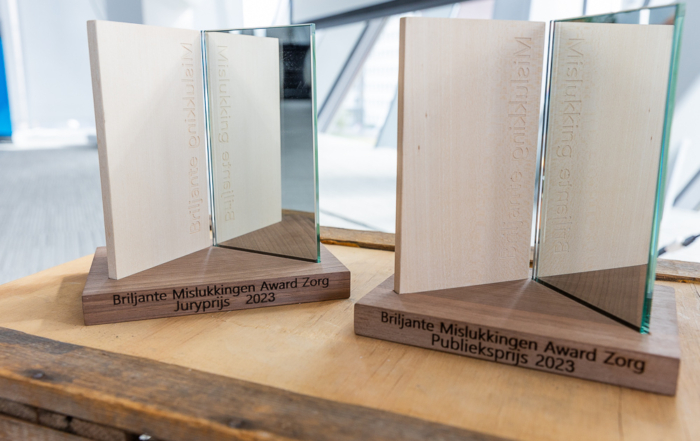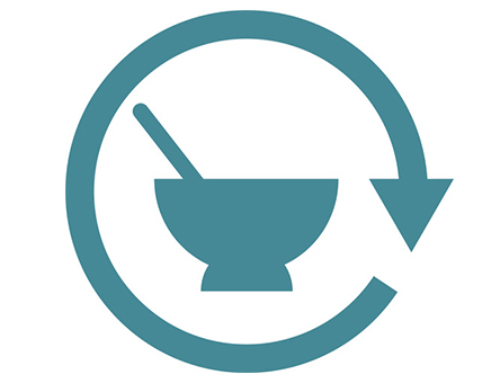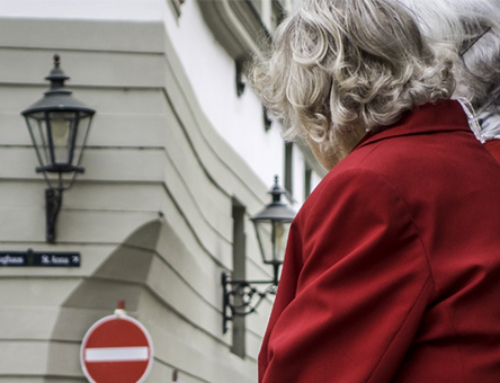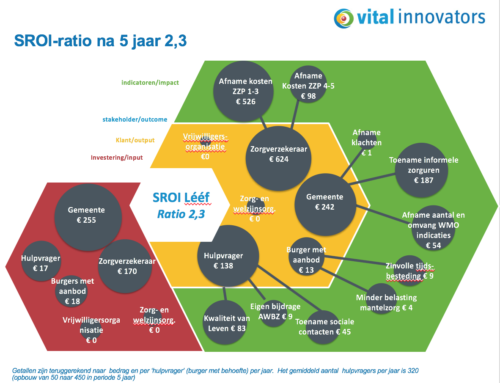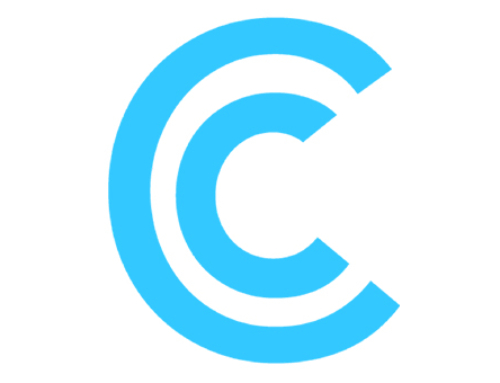The intention
COPD (Chronic Obstructive Pulmonary Disease) is a collective name for the lung diseases chronic bronchitis and emphysema. From the shooting data of 2012 of the MC Group showed that annually about 220 COPD patients are admitted, of which 60 people several times a year. This 60 patients cared for 165 of the total 320 recordings in 2012. The central question in the set up action research was: Why is readmission still necessary and how can we prevent or reduce this??
The approach
Through an action study, COPD patients with a lung attack were followed from admission to six months afterwards. These subjects were monitored for length of stay and hospitalization frequency at patient level, CCQ, MRC, quality of life, medical, social and psychological well-being, residential, living situation and social network, care needs and self-management. An essential part of this process was a personal coach. A COPD project employee followed the patient and provided support in his own direction, skills and social network of the patient, from the first hospital visit to a maximum of 6 days at home.
The result
The action research revealed four improvements. With these improvements in the care process around COPD, care can be better matched to patient needs at lower costs. These improvements are:
- introducing case management;
- offering more physiotherapy;
- sharpening the focus on drug use;
- providing hospital care to patients at home (hospital at home).
In addition to the four interventions, the action research showed that team building and availability of correct data were essential activities for the success of the project.
During the action research, 11 included subjects with COPD readmitted to hospital for a lung attack within one year. The number of re-admissions is therefore 60% diminished. In addition, the patients experienced a major improvement in quality of life. In this project 30% achieved in the monitored group. The entire population of COPD admissions are in total with 45% reduced, that is lower than the target reduction of 50%, but still well above the target percentage of the Long Alliance Netherlands.
Despite the great results, the project is under pressure due to. the funding. Many people with COPD are not supplementary insured, while physiotherapy after (her)recording is of great importance. In addition, the COPD coach is essential for this process. He/she contributes in particular to the prevention of readmissions, but he/she also needs to be educated and paid. In addition, the hospital misses out on reimbursement for hospital admissions. Met 97 less admissions, is that between €300,000 and €400,000. That is of course a lot less than the costs for the COPD coach and physiotherapy.
The lessons
The process meant a complete turnaround in thinking and doing. This has not been easy for many, but they have managed to collectively see the importance of person-centred care and support for a group of complex COPD patients. As a result, could, in addition to the agreed objectives and results, more than was thought possible in two years. But because it is to prevent (her)recordings, it is not clear who bears the costs. In addition, the hospital misses out on reimbursement due to fewer admissions. Due to the existing healthcare system, this process costs the healthcare provider money and loses income, while the implementation of the trajectory ultimately reduces healthcare costs substantially and significantly improves patients' quality of life
In short, Despite the positive results, the safeguarding of the project is under pressure due to perverse financial incentives in the healthcare system.
OTHER BRILLIANT FAILURES
Who finances lifestyle in cardiac rehabilitation?
Beware of the chicken-egg problem. When parties are excited, but first ask for proof, check carefully whether you have the means to provide that burden of proof. And projects aimed at prevention are always difficult, [...]
Brilliant Failure Award Healthcare – 20 to stop coming up with new advice 2024
Wednesday 20 In November, the Brilliant Failure Awards for Healthcare will be organized for the tenth time by the Institute for Brilliant Failures.
Brilliant Failure Award Healthcare – 20 to stop coming up with new advice 2024
Wednesday 20 In November, the Brilliant Failure Awards for Healthcare will be organized for the tenth time by the Institute for Brilliant Failures.



